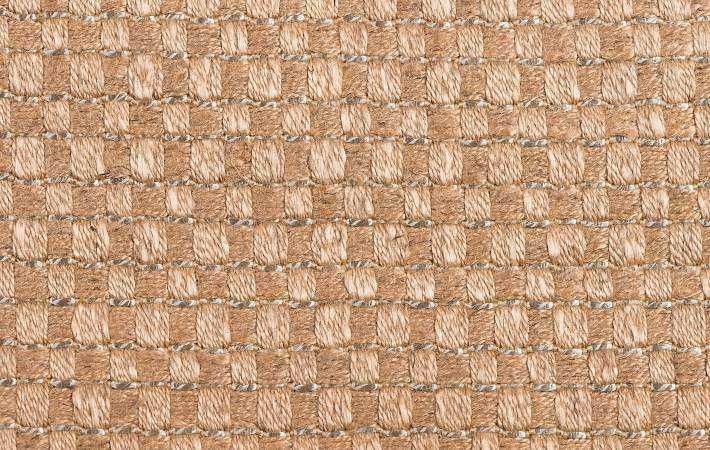Govt implementing multiple schemes for jute sector

On an average, the annual Government support to jute industry on account of Jute Packaging Materials Act amounts to Rs, 5,500 crore, said Ajay Tamta, minister of state, textiles, in a written reply to a Lok Sabha question.
Whenever the market price of raw jute falls below a certain level, the Jute Corporation of India (JCI) procures raw jute at Minimum Support Price (MSP), fixed on the basis of recommendation of the commission for Agricultural Cost and Prices (CACP), from jute growers to safeguard their interest. Government of India has sanctioned Rs 204 crore for four years starting from 2014-15 to enable JCI to be in readiness for MSP operations.
Tamta also said that ISAPM aims to upgrade technology in existing jute mills and to provide assistance to a large number of entrepreneurs to manufacture value added biodegradable Jute Diversified Products (JDP).
Jute: Improved Cultivation and Advanced Retting Exercise (Jute-ICARE) is a pilot project launched in 2015 to address the difficulties faced by jute cultivators by providing them certified seeds at subsidised rates, seed drills to facilitate line sowing, nail-weeders to carry out periodic weeding and by popularising several newly developed retting technologies under water limiting conditions. This has resulted in increased returns to jute farmers.
The National Jute Board implements various schemes for market development, workers' welfare and promotion of diversification and exports, said Tamta. The government has also issued a notification on January 5, 2017, imposing Definitive Anti-Dumping Duty on jute goods originating from Bangladesh and Nepal. Based on the current level of imports, the industry has estimated that this is likely to generate up to 2 lakh MT of additional demand for jute goods to be met by the Indian jute industry.
Government has made it mandatory for the entire chain from importers and traders to the level before the end-users, to register with the office of jute commissioner, and furnish monthly reports on the imported goods. The office of jute commissioner, Kolkata, has also directed all manufacturers, importers processors and traders to mark/print/brand the words 'Made in- Country of Origin' on imported bags. Customs have also been requested to maintain a strict vigil so that no unregistered importers/traders can import jute and no unbranded jute goods can enter India, added Tamta. (KD)
Fibre2Fashion News Desk – India
































-Ltd..jpg?tr=w-120,h-60,c-at_max,cm-pad_resize,bg-ffffff)





.jpg?tr=w-120,h-60,c-at_max,cm-pad_resize,bg-ffffff)
.jpg?tr=w-120,h-60,c-at_max,cm-pad_resize,bg-ffffff)






